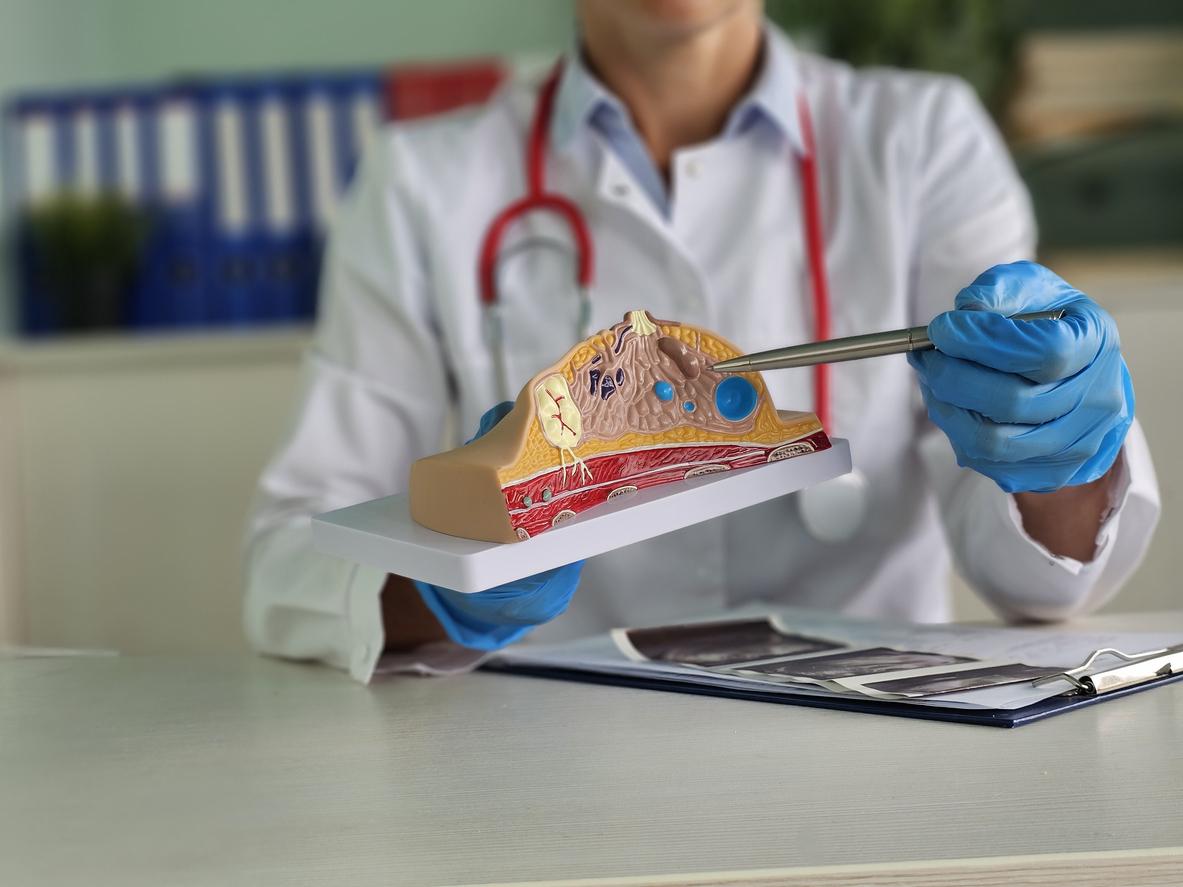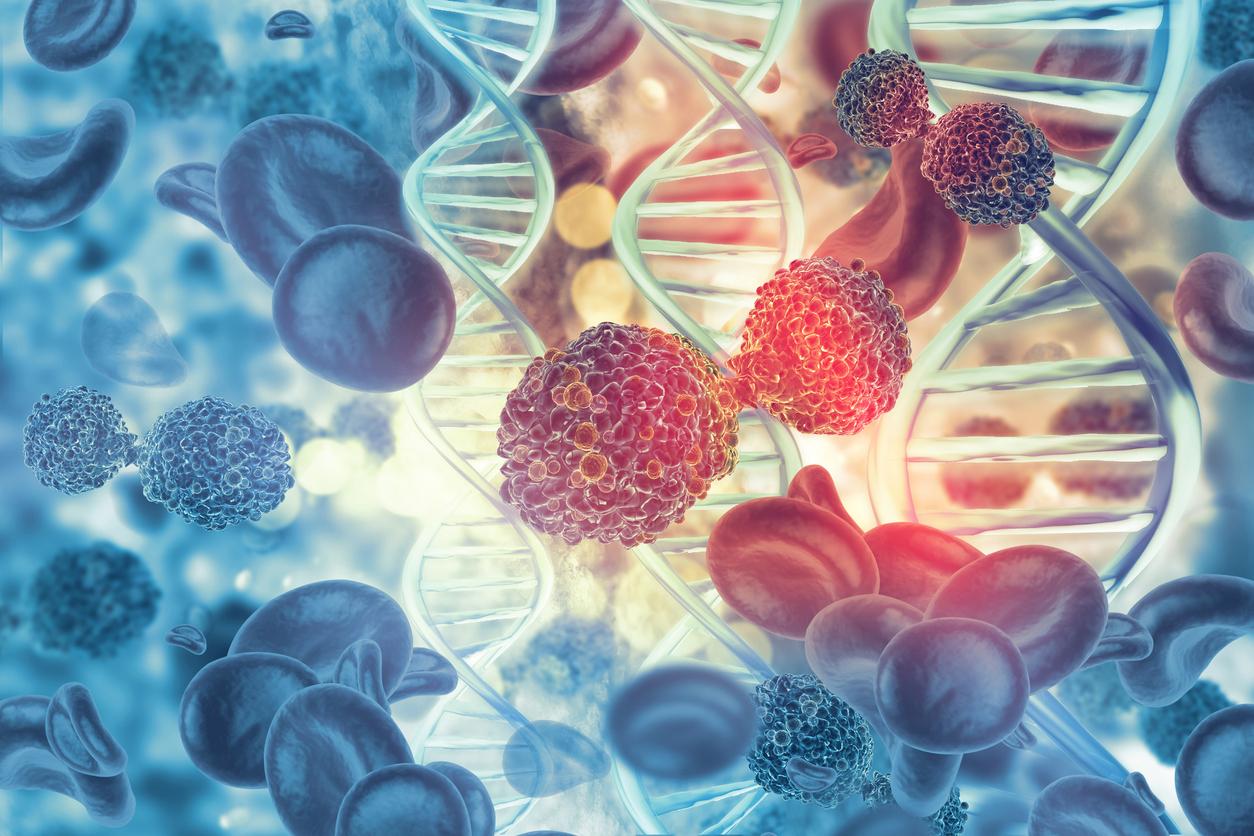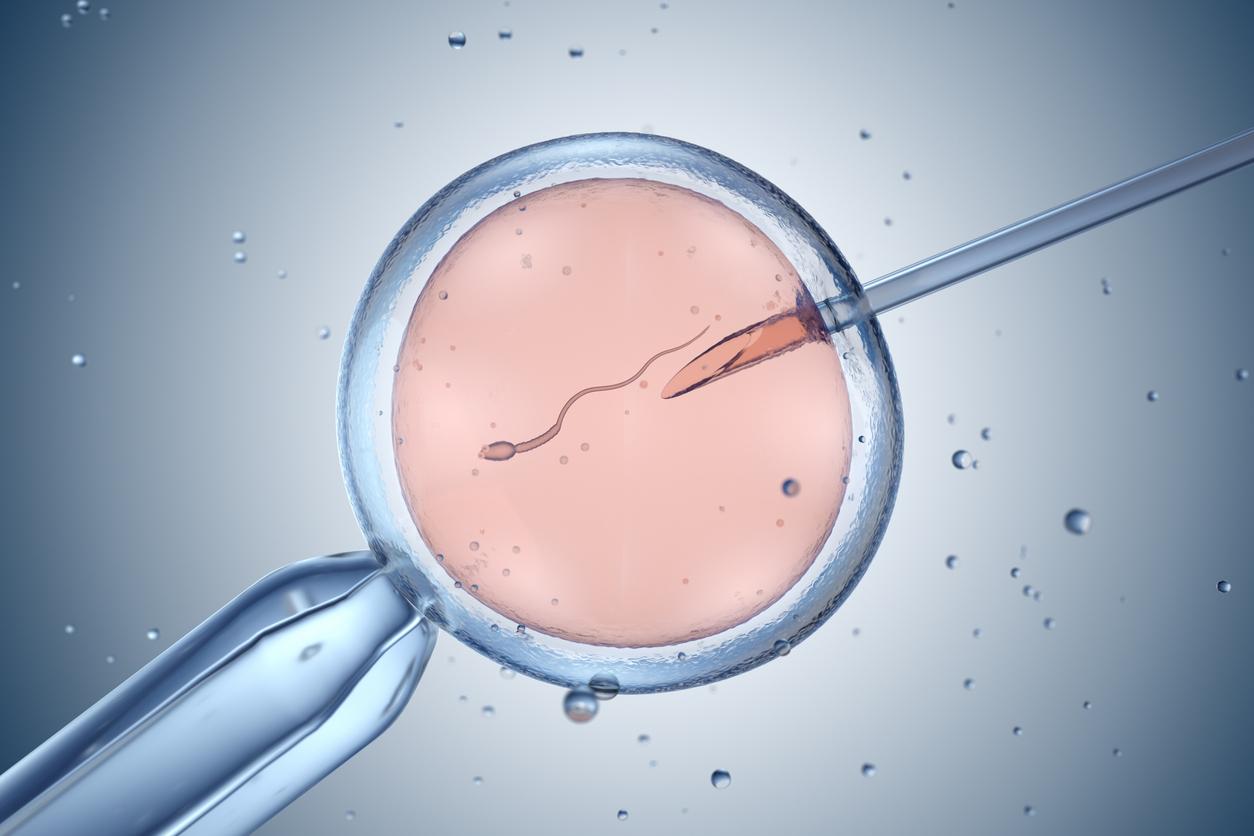Preimplantation genetic diagnosis (PGD) is the only legal case in France for which the use of in vitro fertilization (IVF) is not due to infertility. It is in fact offered to couples who are at risk of transmitting a serious genetic disease to their child. In France, this technique has been authorized since 1999, and is governed by a strict bioethics law.
Before the authorization of PGD, couples carrying genetic diseases had to resort to prenatal diagnosis: a puncture or amniosynthesis once the embryo was implanted in the uterus. In the event that the fetus was afflicted with the dreaded genetic disease, the couple then had the option of requesting a Medical termination of pregnancy.
Thanks to preimplantation diagnosis, the various embryos created in vitro are genetically analyzed, so that an embryo that does not carry the genetic disease is implanted in the uterus. The pregnancy can then begin, avoiding the experience of an interruption to the couple.
In order to analyze the genetic profile of the embryo, one or two cells of the latter will be taken, without altering its development. Amplification or staining techniques for the desired abnormality will then be used, in order to determine whether the embryo carries the genetic abnormality of the parents. Otherwise, the “healthy” embryo will be implanted in the uterus of the future mother. As with conventional IVF, multiple embryos can be implanted to increase the chances of pregnancy. There is then a “risk” of multiple pregnancy if all the embryos are able to implant correctly.
The conditions for having recourse to a preimplantation diagnosis
The use of pre-implantation diagnosis is reserved by law for couples with a high probability of giving birth to a child suffering from a genetic disease of a certain seriousness, recognized as not being able to be cured at the time of diagnosis. To use it, a couple must also be of childbearing age (preferably less than 36 years for women). As in the case of IVF for infertility, the couple must be united by marriage or at least have at least two years of cohabitation.
The establishment of a IVF with Preimplantation genetic diagnosis is only possible if the woman’s biological and gynecological assessment is validated (with sufficient ovarian reserve), as well as if the man’s spermogram is validated. Since this is not an infertility requiring gametes from others, the sperm and ova must therefore be viable for in vitro fertilization. Finally, the feasibility of PGD must also be validated, with a genetic analysis of theentourage if needed.
Before setting up PGD, the couple’s request is studied by one of the 44 multidisciplinary prenatal diagnosis centers, which will or will not validate the indication and feasibility of PGD.
Three centers are now authorized to perform pre-implantation diagnosis: the Paris-Clamart center, the Montpellier center and the Strasbourg center.
Read also :
IVF: what are the indications?
Fertility: 8 misconceptions about IVF
IVF: a first 3D printing to improve the choice of embryos to be implanted in utero


















